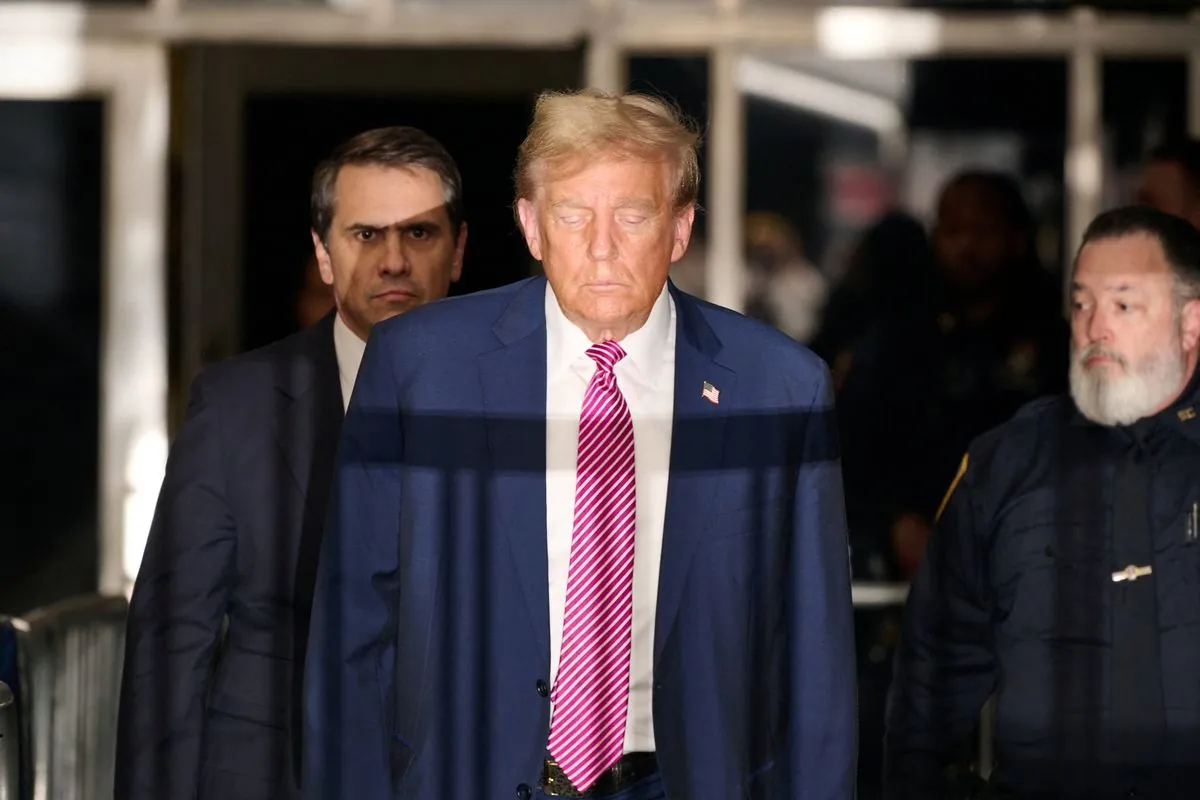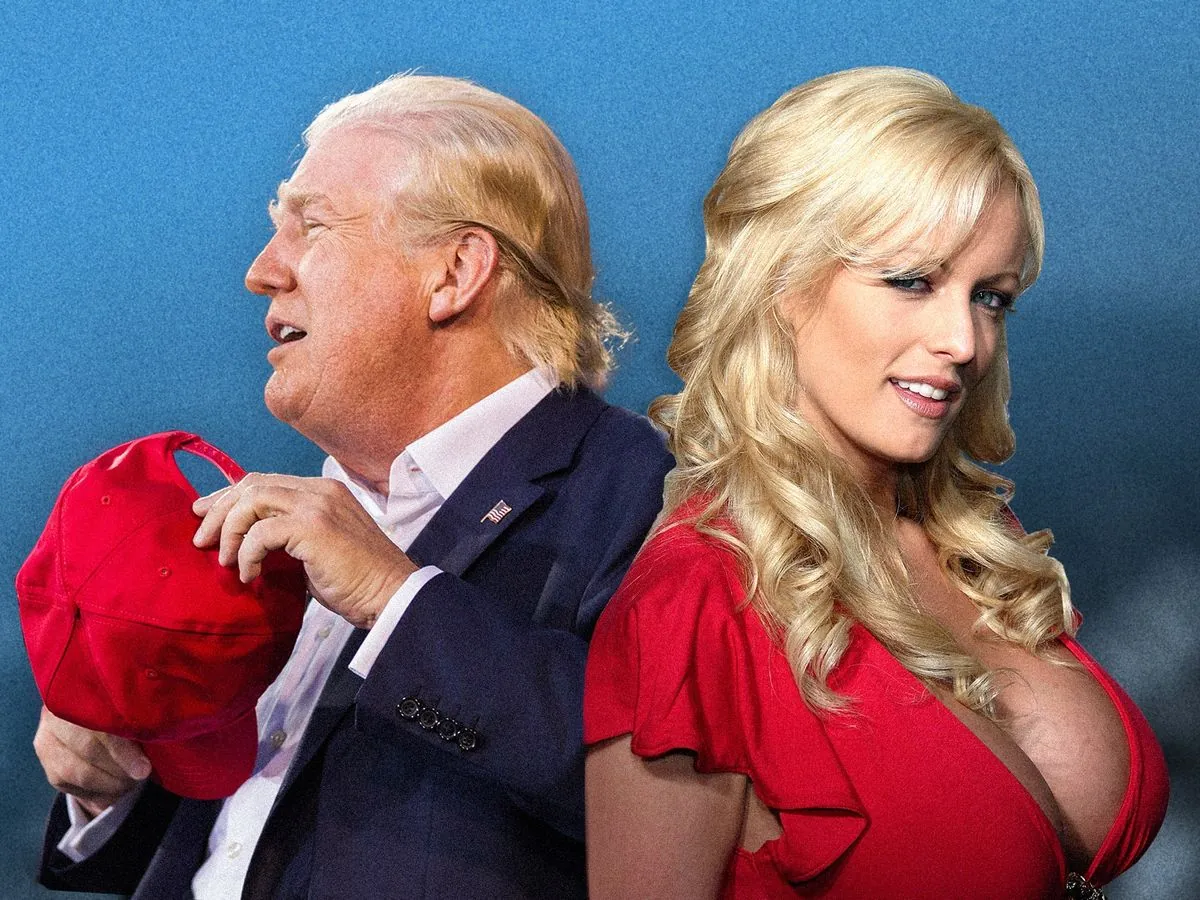Trump's Hush Money Case Sentencing Postponed Until After 2024 Election
A New York judge has delayed former President Donald Trump's sentencing in the hush money case to November 26, 2024, citing the need to avoid any perception of political motivation. The decision comes amidst ongoing legal challenges.

In a significant development, a New York judge has postponed the sentencing of Donald Trump in the hush money case until after the 2024 U.S. presidential election. The decision, made by Justice Juan Merchan, moves the sentencing date from September 18 to November 26, 2024, three weeks after the election scheduled for November 5.
Justice Merchan explained his decision, stating the need to "avoid any appearance - however unwarranted - that the proceeding has been affected by or seeks to affect the approaching Presidential election." This move underscores the complex interplay between legal proceedings and political considerations in high-profile cases.
The case, which marks the first time a former U.S. president has faced criminal charges, stems from allegations of falsifying business records to conceal a $130,000 payment to adult film actress Stormy Daniels. The payment, made before the 2016 election, was allegedly to ensure Daniels' silence about a claimed sexual encounter with Trump a decade earlier. Trump denies this encounter and has pledged to appeal the verdict once sentenced.
Trump's legal team had requested the delay, arguing that the original September date didn't allow sufficient time for potential appeals, particularly in light of a recent U.S. Supreme Court decision on presidential immunity. The Manhattan District Attorney's office, led by Alvin Bragg, did not oppose the delay request, deferring to the judge's discretion.
The case has raised complex legal questions, including the extent of presidential immunity and the intersection of personal conduct with official acts. The Supreme Court's recent 6-3 ruling, which stated that presidents cannot be criminally prosecuted for official acts, has added another layer of complexity to Trump's legal challenges.

While the sentencing delay may alleviate some immediate political pressure, it does not resolve the underlying legal issues. If convicted, Trump could face up to four years in prison, although fines or probation are more common for similar offenses. The outcome of this case could have significant implications for Trump's political future and the broader landscape of presidential accountability.
"There should be no sentencing in the Manhattan DA's Election Interference Witch Hunt."
This case is just one of several legal challenges facing Trump as he campaigns for the 2024 Republican presidential nomination. The intertwining of legal proceedings with the election cycle highlights the unique challenges of prosecuting a former president who is actively seeking to return to office.
As the legal and political drama unfolds, the American public and the international community will be watching closely. The outcome of this case, along with other pending legal matters, could significantly impact the 2024 presidential race and shape the future of American politics.


































